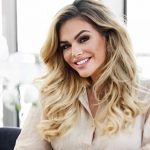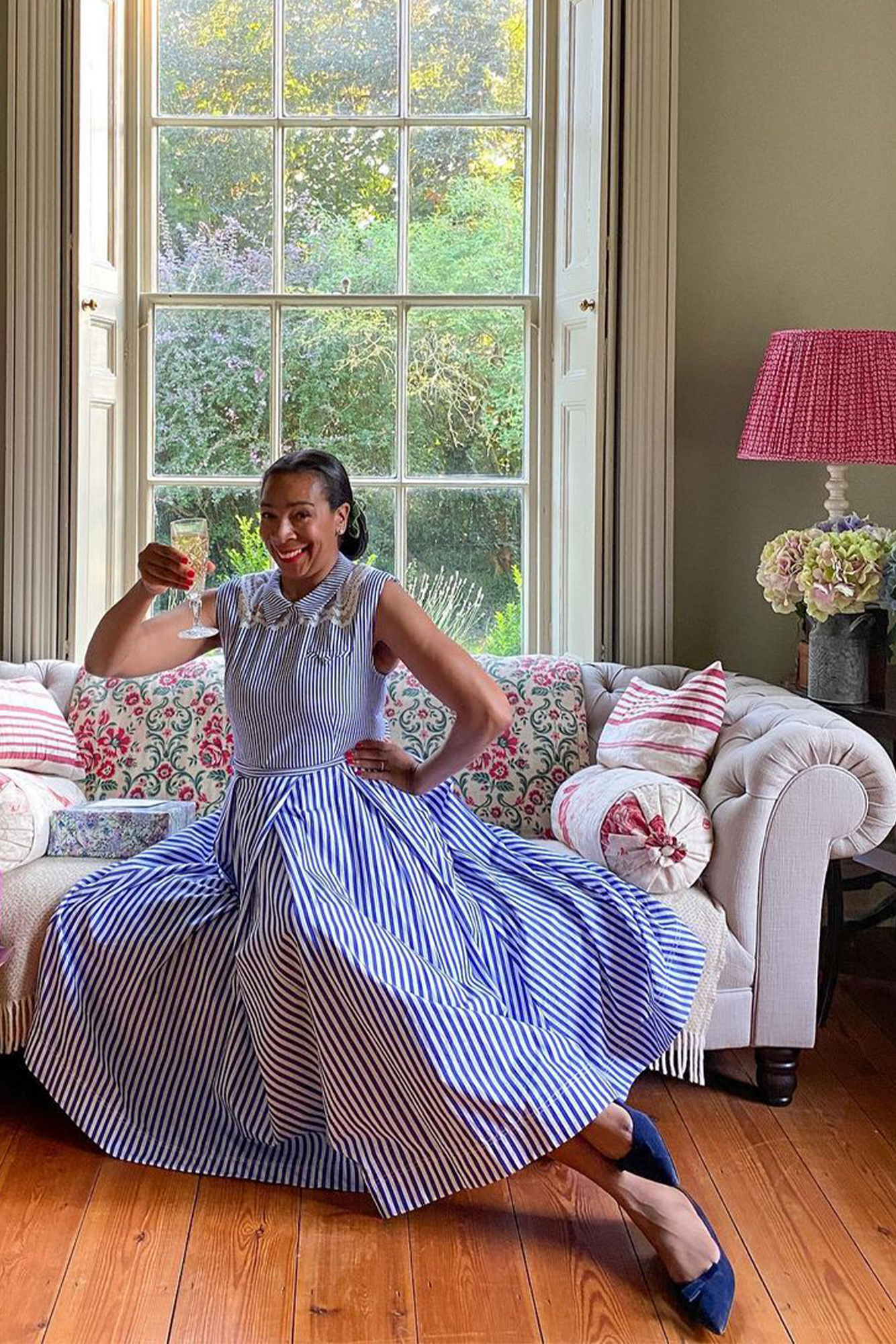Miss Influencer has its winner. On December 3, model and TV presenter Mayada Baghdady was crowned champion of the world’s first influencer pageant – outperforming hundreds of other creators to secure a 100,000 AED (£22,000) cash prize, one year’s accommodation in Ramee Dream Hotel, a Mazda CX-30, and a magazine cover with Victor Magazine.
The brainchild of entrepreneur and former model Lilla Bolyki, Miss Influencer was designed as a training camp for budding influencers. Baghdady is test subject number one. Now, the question is whether a pageant (and its hefty prize package) can serve as a launchpad for an effective career in content creation. “That’s why I entered,” Baghdady tells CORQ. “It’s a test for how knowledgeable you are, how creative you are, how talented you are, how you communicate and adapt to different cultures and perspectives, and whether you can leave a positive impact on social media.”
You may also like
This is something Baghdady’s been striving for since early 2021. She first started creating content while studying TV, presenting, and journalism – sharing outfit inspiration and short videos to practise for her course. Brands gradually started reaching out, with Baghdady taking on collaborations and modelling jobs, and appearing in music videos.
Ready to elevate her career, she signed up for Miss Influencer. Baghdady was one of 50 female creators vying for the crown by creating content for various sponsors. She was allocated Mazda (the contest’s main sponsor), Aramed, and House of Victor. The goal? To see how these future mega influencers worked under pressure – and how creative they could be along the way. “We had to make content in a very short space of time,” Baghdady explains. “What makes that challenging is that sometimes you need help from a photographer or videographer, and you need to think of something creative to stand out from the other contestants.”
Aramed was the most challenging of the three. A medical aesthetics brand, it doesn’t lend itself to feed-friendly content. But having the opportunity for influencers to workshop ideas en masse was part of the appeal for the brands participating in Miss Influencer – and Baghdady managed to find a winning formula. A dramatic motorbike entrance, outfit inspiration, and a treatment POV equalled a surprisingly engaging Reel promoting body contouring. Most notably, it raked in 14,000 likes – nearly ten times more than the average of her previous content. A win for both Baghdady and Aramed.
Brands undeniably had more to gain during the contest than the contestants themselves. Miss Influencer essentially served as a self-run influencer campaign – reaching the varied demographics of dozens of creators while brands reaped the benefits of their determination to draw in the biggest numbers. But the creators had a lot to gain, too. “Before the contest, I had around 90,000 followers,” says Baghdady. “Now I have 112,000, mainly from three countries: the UAE, Egypt [her native country], and Iraq.” Her engagement has also soared. “The week of the final, I think I got around 136,000 Instagram impressions, which is the highest exposure I’ve ever had.”
That was always Bolyki’s plan for Miss Influencer – to give a creator the numbers and exposure needed for more commercial opportunities. But the biggest question about the extent of the outcome for the winner remains. For now, the signs are positive. “I’ve been invited to more events with distinguished names,” Baghdady says about the first week after winning. Highlights include an invite to the launch of Joelle Mardinian’s new reality show and to be a jury member in the Miss Fashion Idol contest. “I’ve been approached for more sponsored content too, but I’m expecting more flow from brands in the next few weeks and months.”
Her dream collaborators are Chanel, Bulgari, and skincare brands like Charlotte Tilbury. But Mayada is very mindful that she needs to uphold the Miss Influencer brand – namely its ethos of showing that you can “still be elegant with affordable things”. She explains: “Part of Miss Influencer’s goal is to prove there’s no need for extra luxury to live a good life. That’s why Mazda is one of our sponsors. They’re not super luxurious or expensive.”
For brands looking to jump on the Miss Influencer train, this is important to note. While Baghdady still holds the title, she has her sights set on accessible brands that align with its values – such as Kiko Milano and L’Oréal. She’s also a lot more conscious of the messages behind her content. “I’m expected to raise awareness of certain causes, like female empowerment. I also need to adhere to UAE policies and the country’s culture. We have people here from all over the world. My content needs to meet them all.”
The next year of Baghdady’s career in content creation will be an interesting one. Not only does it dictate her own post-contest prospects, but the future of Miss Influencer as Bolyki’s plans to replicate the contest in different regions in 2023. Can a pageant really establish a country’s next big influencer? How does a creator establish their career beyond the title? And can the contest be replicated to find future mega-influencers in different markets? The only place to find the answer is Baghdady’s content in 2023 – and she knows it. “I’m not just Mayada anymore,” she says. “I’m Mayada, Miss Influencer.”
By Chloe James, Middle East correspondent for CORQ. Picture credit: Mayada Baghdady via Instagram.










